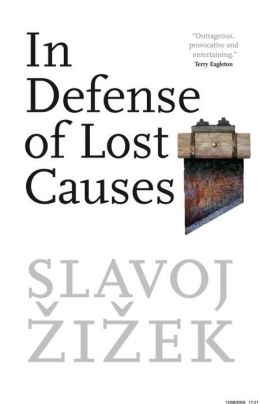What is social impact investing?
Social impact investing is something that is pretty much as old as the hills, yet brand new. In essence it is a way to use money that is not really “normal investing” and neither is it charity – giving money away. Social impact investment is the provision and use of capital with the aim of generating social as well as financial returns. Social investment carries and expectation of repayment of some or all of the finance. It can cover loans, equity, bonds and is sometimes used alongside other instruments, such as guarantees or underwriting. As with any other investments, whether the investee business performs well, returns generated may be principally reinvested in the business, as well as offered to investors.
Good guys finish second don’t they?
Social impact investment is a venture that is designed to improve society. This might be investing in a mechanism to reduce homelessness or the re-offending rates of prisoners. Often there will be a fixed lock-in period (typically 5-8 years) as the project concerned is usually long-lasting. A rate of return is offered, which is normally fairly modest and should the project fail you may not get your money back.
Reaching the reformist in you
My statement that social impact investing is as old as the hills is right in the sense that landowners and industrialists have often invested into community projects. However as we have become ever more reliant upon a State system that appears no longer able to cope, it has returned to discussions. As the money is not gifted, there is a fundamental assumption that the specific project is of significant interest to the investor, who is risking providing some of their capital to help (with an understanding that it should be repaid with a bit extra back, but may not be repaid at all if things don’t work as planned).
Want a better dinner party story?
I wonder if you would discuss this aspect of your portfolio more freely at a dinner party? “Part of my portfolio is helping to get young offenders back into employment and you’d never believe the massive difference it makes to the rate of re-offending. Do you realise that in the UK we spend the equivalent of an Olympics each year on the penal system.” Its certainly a lot more interesting than opinions about the Bond market. I imagine that Slavoj Zizek would have some thoughts to offer about this (which I would find interesting) as it can be construed unfairly as “social conscience investment” – securing the feeling of doing something good, arguably paying more (in opportunity cost terms of missed “normal” investment) or forgoing returns in exchange for a feel good factor. Zizek considers buying your ethical coffee from Starbucks and if you want to get your brain thoroughly overloaded try “A Perverts Guide to Ideology” a truly interesting documentary film. Anyway, however accurate (or not) this may be, it is certainly the case that the Welfare State is not coping and specific targeted projects are having a favourable impact.
Cause and Effect
There will be questions about the real benefits when the data is washed through carefully, but there is certainly a need and genuine attempt to help society. Naturally careful selection of the right project is vital and given the additional risks to capital, requires significant investor sophistication. The problem that advisers have is the knowledge about this sector in the first instance and then struggling to make it fit into a suitable investment strategy that the regulator will also understand. No easy feat, but then to achieve great things effort is always required and certainly no lost cause…
Dominic Thomas




